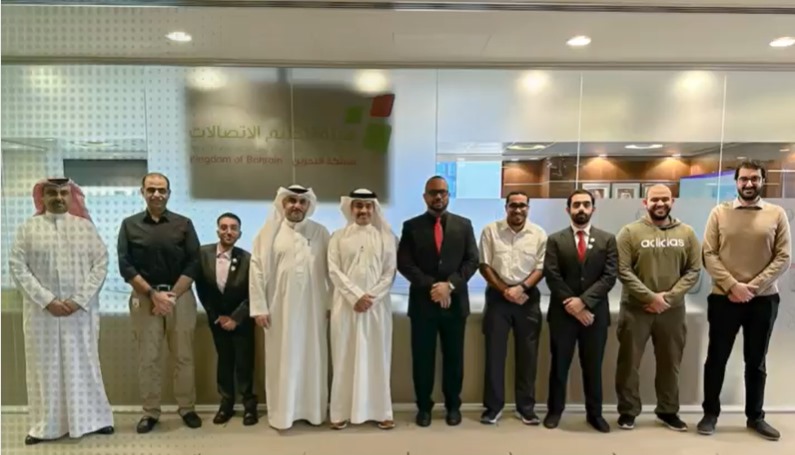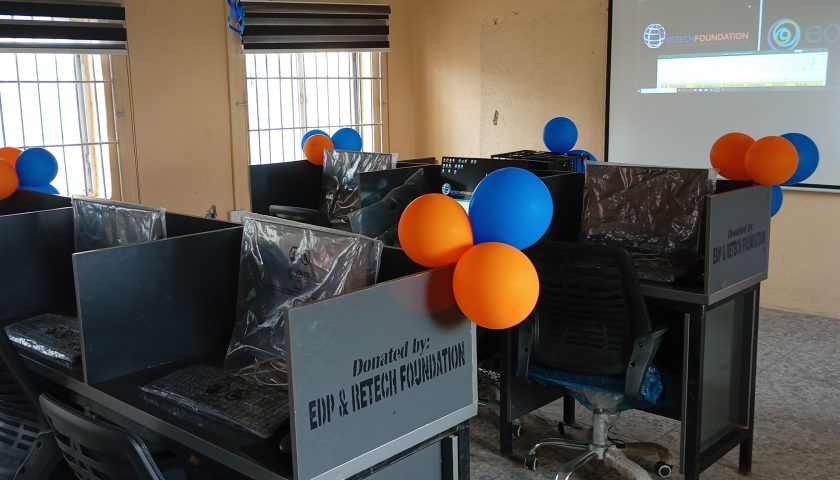The Nigeria Computer Society (NCS) on Tuesday called for digital inclusion in the nation’s economy to enhance diversification from dependence on oil to other sector.
said there was need to develop and set the national digital inclusion agenda.
Mr Jide Awe, the Chairman, 27th National Conference Committee of NCS, said in a statement in Lagos that it would improve economic performance.
According to Awe, digital inclusion is particularly important as diversification of the economy would improve economic performance.
“In the 21st century, access to the internet, digital devices and technical skills is, however, essential for full participation in the society and economy.
“The most socially and economically excluded, such as women, individuals living with disabilities, Micro Small and Medium Enterprises, young people, the poor, the rural populace, as a whole, are largely digitally excluded.
“Irrespective of how impressive the goals and level of investment, IT initiatives in the absence of inclusion, continue to reinforce inequalities and hinder overall technology-enabled development,’’ he said.
Awe said that with a focus on relevance and enabling value-driven impact, the 2018 conference of the society would address the practical realities and needs, best practices, emerging issues, innovation, stakeholders’ roles and future sustainability.
He said that while IT deployment and development in Nigeria continued to increase, experiences and benefits of IT and Internet had largely not been widespread.
Awe said in spite of advances, the fact that many were unable to realise their potential in the digital world, was a big obstacle to development.
“Digital activity has increased, but digital impact lags behind.
“Improving inclusion is not an end in itself, but it is required most critically at this time to ensure leverage on IT and to significantly improve healthcare, poverty reduction, jobs creation, education, governance and food security,’’ he said.
Awe said that the theme of the conference is: “Digital Inclusion: Opportunities, Challenges and Strategies (Digital Inclusion 2018)’’.
Awe listed the sub-themes as: Poverty Eradication and Jobs Creation in the Rural Digital Economy; Internet and Broadband for All; e-Agriculture, e-Health, e-Education for inclusion: Software and Local Content.
Others are: Digital Gender Equality and the Empowerment of Women; Tech Start-ups, SMEs and Youth Entrepreneurship; E-Voting and Election Management among others.
Source: today.ng





